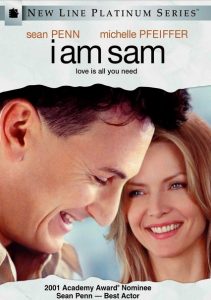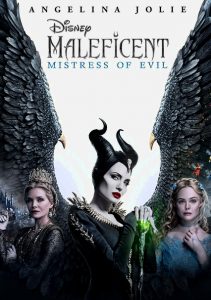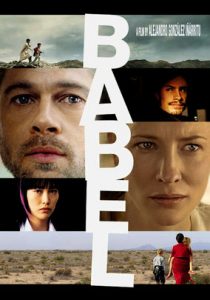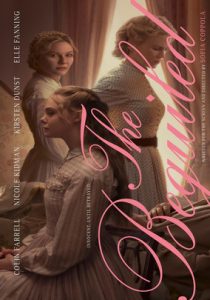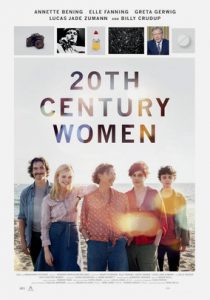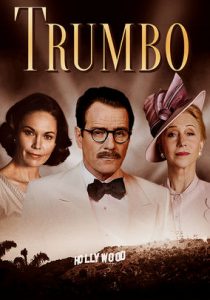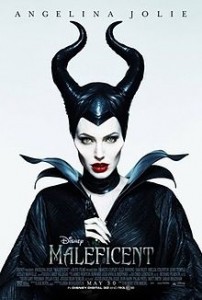Sentimental Value-2025
Director Joachim Trier
Starring Renate Reinsve, Stellan Skarsgård, Elle Fanning
Scott’s Review #1,506
Reviewed December 22, 2025
Grade: A
Sentimental Value (2025) is a Norwegian art film with powerful themes of love and loss, suicide, intergenerational connections, family relationships, and cinema. The intertwining of the components makes the film both dark and hopeful, thanks to beautiful, layered performances.
It is brooding, thought-provoking, and relatable in many ways, mostly showcasing quality writing and excellent acting. Not as much of Norway’s majestic countryside is shown, especially in Oslo, where the film is set, as I had hoped.
Right off the bat, the audience receives narration about a house and the generations of events, some happy and some tragic, that have occurred over the years. The house, while changed, has persevered and has become a character in the film.
One could correlate the struggles of the house with those of life; in the film, the characters are deeply flawed and troubled, suffering from alcoholism and paranoia.
After their mother dies, two sisters, Nora (Renate Reinsve) and Agnes (Inga Ibsdotter Lilleaas), reunite with their estranged father, the charismatic Gustav (Stellan Skarsgård), a once-renowned director who offers stage actress Nora a role in what he hopes will be his comeback film.
The film is personal about Gustav’s frailty following his mother’s death by suicide.
When Nora turns it down, she soon discovers Gustav has given her part to an eager, yet cerebral, young Hollywood star played by Elle Fanning, who is a new fan of Gustav’s older work.
The past and deeply harbored secrets come to the surface as the characters struggle to maintain balance between their emotions and their interpretations of various life events.
An early sequence set in a theater sets the tone. Nora, a fabulous stage actor, suffers from severe stage fright, nearly rendering her unable to take the stage. The crew backstage scurries to calm her nerves and convince her to perform seconds before her cue. They’ve been through this before.
Nora is neurotic and, in fact, attempted suicide, which worries Agnes whenever there is a lapse in communication with her sister.
Other complexities, such as Gustav’s return, an unsuccessful relationship, and insecurities, affect Nora, especially when Rachel, the starlet, enters the picture.
But the winning formula is that Sentimental Value is not ‘the Nora show’. Agnes, Gustav, and Rachel are equally showcased and explored, making the film an ensemble piece.
Agnes, who starred in one of Gustav’s films as a young girl, is now married with a child and has left the industry far behind. Does she harbor regrets?
An aging Gustav has seen the cinematic world change from grand, theater-style film work to television-style streaming platforms like Netflix, taking over. Has the world left him behind?
And young Rachel is frustrated by her limited acting roles, which have made her a star but don’t showcase her true talent or love of her craft. Does she even have talent, she wonders?
As a cinemaphile, Sentimental Value left me pondering the state of cinema in a time of limited theatergoers and the popularity of watching films at home on a television, or worse, on a mobile phone.
But the success and emotion of Sentimental Value come through its characters, Nora, Agnes, Gustav, and Rachel.
The importance of the house also amazed me. As in life, things constantly evolve and change, setbacks are experienced, life and death come and go, and the cycle of life continues.
Sentimental Value (2025) is a fantastic film with main themes about life and forgiveness. It is also a stark reminder, without being preachy, about the monumental importance of mental wellness and the crippling effects mental illness can have on people.
Oscar Nominations: Best Picture, Best Director-Joachim Trier, Best Actress-Renate Reinsve, Best Supporting Actor-Stellan Skarsgård, Best Supporting Actress-Elle Fanning, Inga Ibsdotter Lilleaas, Best Original Screenplay, Best International Feature, Best Film Editing


